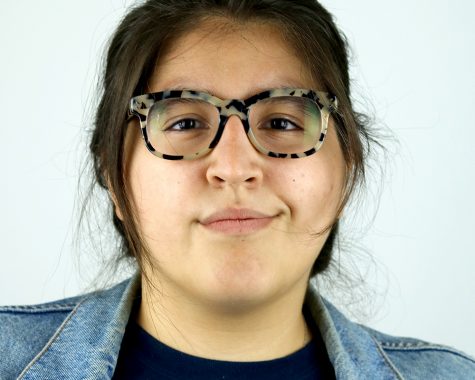CUPB, McCann talk potential minimum wage hike
February 10, 2019
It would cost Eastern just under an additional $2 million a year to cover the costs of a potential $15 increase in minimum wage by 2025.
Paul McCann, the interim vice president of business affairs, made this announcement Friday during a Council on University Planning and Budget and talked about the side effects that could trickle down from the potential increase.
On Thursday the proposal to increase the minimum wage from $8.25 an hour to $15 by 2025 was introduced and passed through the Illinois Senate.
It was moved to the House and awaits a decision.
The current $8.25 minimum wage has stood since 2010 and if passed by the House and signed into law by Governor J.B. Pritzker, the minimum wage would increase to $9.25 on Jan. 1, 2020, $10 on Jan. 1, 2021 and then by a dollar each year after that until eventually reaching $15 by 2025.
McCann said although Pritzker and his office agreed to support the higher education institutions when it comes time to cover the cost, there is still no guarantee that he will remain in office by the end of the six-year period.
Additionally, Eastern only has two sources of income, McCann said, the state appropriation and tuition.
And if the appropriation is not increased, then that means tuition will increase, McCann said.
“What we’re saying to the governor’s office is that we’re going to need help to cover those kinds of expenses. (The General Assembly is) coming pretty close to doubling minimum wage (and) we only have two sources of funds, and I don’t like the option of increasing student tuition to have to cover that,” McCann said. “It would be ironic that the kids would have to pay for their own salary increase.”
Everybody on campus, including undergraduate and graduate students, would be affected by this increase, McCann said, even though the university has tried to make students and graduate students exempt from the raise.
At the moment, the only exception is individuals under 18 years of age.
The raise would apply to students working in the dining centers, residence halls and under federal work-study, something McCann said creates a different problem.
“The problem with federal work-study is that there’s only so much in that package, so at $8 you ran out of it at this point, but at $15 you’re going to run out of it sooner,” McCann said. “That’s not that great either, but you know with some of the state financial aid (like) (Monetary Award Program) grants and Aim High (grants), maybe there will be some substitution for it.”
However, McCann said there is no indication the federal government will increase federal aid for universities.
“We’ve tried to point that out to the legislators that the federal dollars are fixed and this would end up being less money going to the students and less financial aid available to them,” McCann said. “Could the feds change that? Maybe, but I sure wouldn’t bet on that.”
Lynette Drake, the interim vice president of student affairs, said during the CUPB meeting that students who work in dining centers or in residence halls get paid differently. That source of funds comes from Ledger 2 and 3 in Eastern’s budget, something that is not paid for by the state appropriation.
Therefore, in order to pay those students the eventual $15, those funds will have to be found elsewhere, Drake said.
McCann said this then could lead to a potential increase in student fees as well.
“As we get closer to that $15, how are we going to handle that? Whether it’s federal financial aid or student work, departments only have so much money,” McCann said.
As for graduate students, they get paid a fixed graduate student rate that is paid for through Eastern’s budget.
“That’s going to have to increase because of (the minimum wage increase), and who’s going to cover that?” McCann said.
Sace Elder, the interim chair of the history department, asked during the CUPB meeting what the value of $15 would be.
McCann answered using a hypothetical. He said if the cost of minimum wage increases for someone making a $4 hamburger, then what happens to the cost of the burger?
He said immediately people would be using up the additional money they received in their pay check to buy the hamburger at an increased cost. He said when people earn more money at minimum wage, prices for products increase, thus it “really hasn’t changed the dynamics of anything.”
“In this whole process, (the General Assembly) assumed the prices are going to stay the same, but they won’t.” McCann said. “You now have that $15 an hour job … that person paying you is going to have to charge more for the product or service (just to pay you).”
And when asked what would happen in the case where prices are deemed to remain the same, McCann said people would go out of business and then there are no jobs.
“The logical thing is, ‘Well, I can pass on whatever cost of that minimum wage is to my customers,’” McCann said. “What happens when you can’t?”
The potential hike also correlates to taxes, McCann said, because if someone earns more than logically, they get taxed more.
But McCann said it does not stop there.
He said at some point, everyone on campus, faculty included, will expect a salary increase, and although people want to say, “That won’t happen,” McCann said it does eventually happen.
“How do we afford this? Will the governor’s office increase everybody’s appropriation? We don’t know,” McCann said.
Unfortunately, McCann said nobody really knows about the consequences resulting from a minimum wage increase because it has not been around long enough.
As a result, it is not measurable and there has not been an increase like this at any point.
“There are consequences for everything,” McCann said. “When does this stop?”
Analicia Haynes can be reached at 581-2812 or achaynes@eiu.edu.

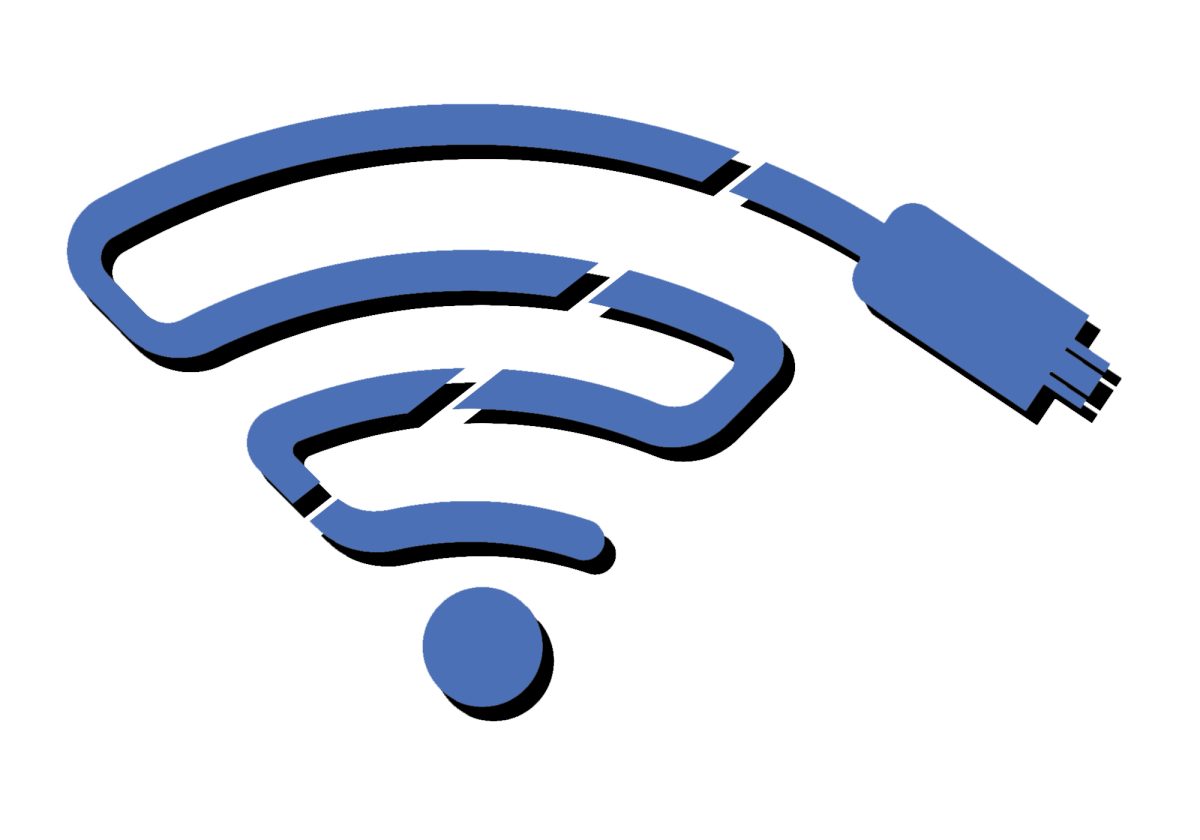
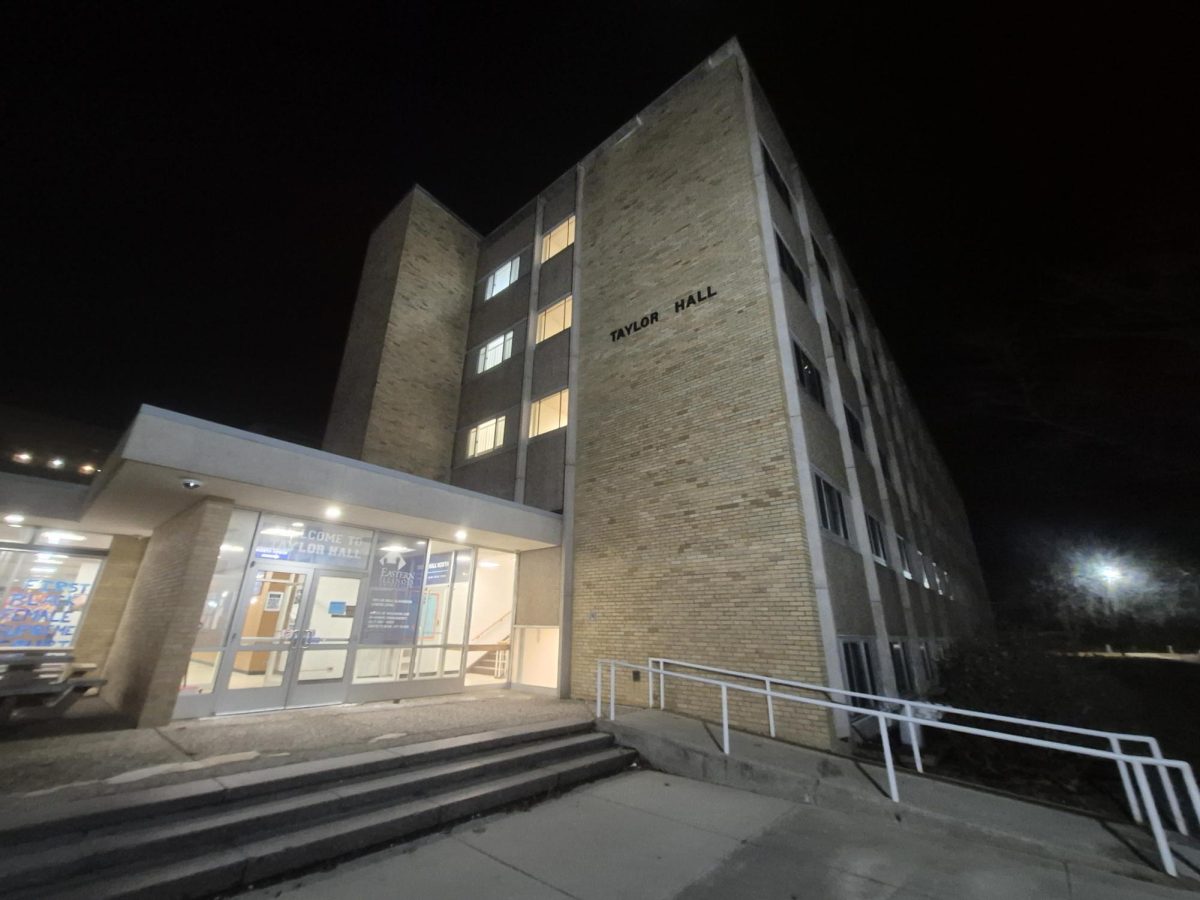
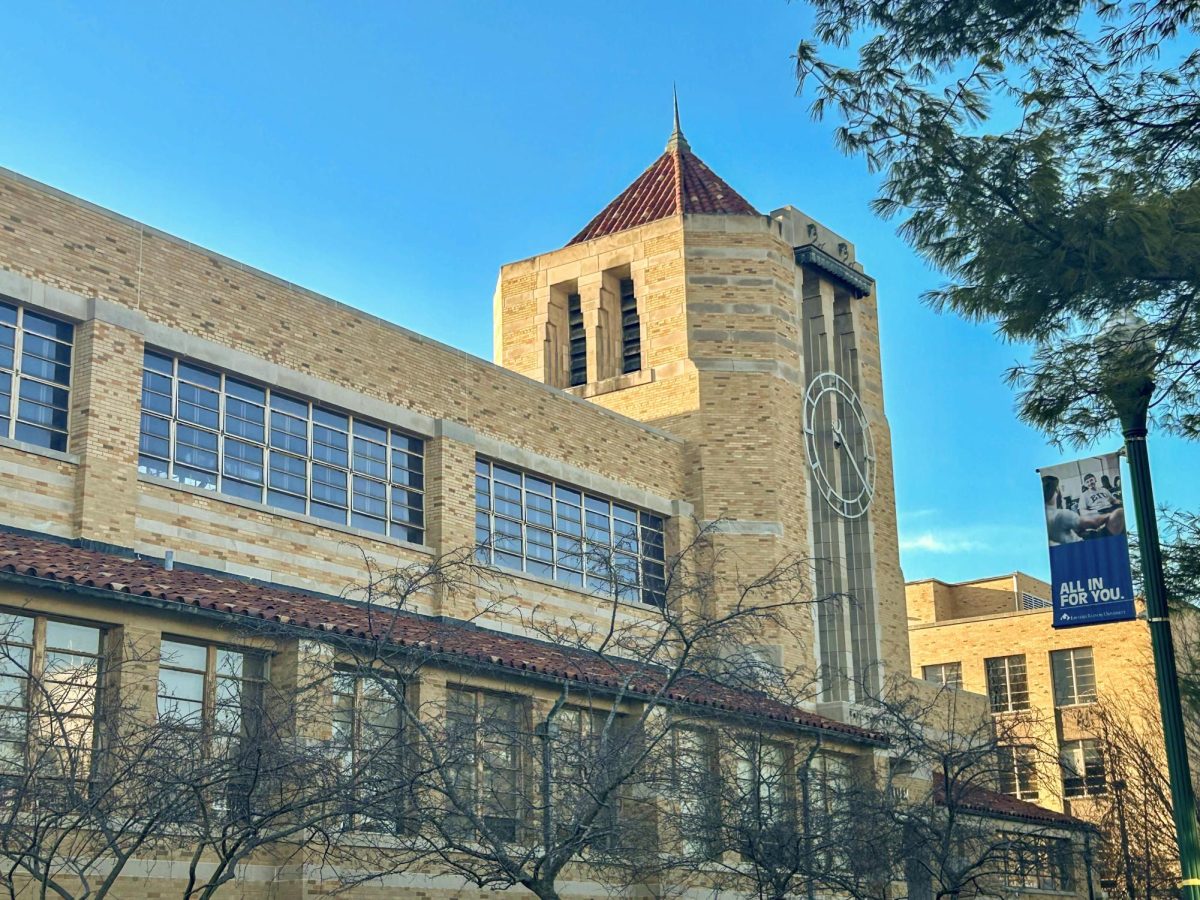

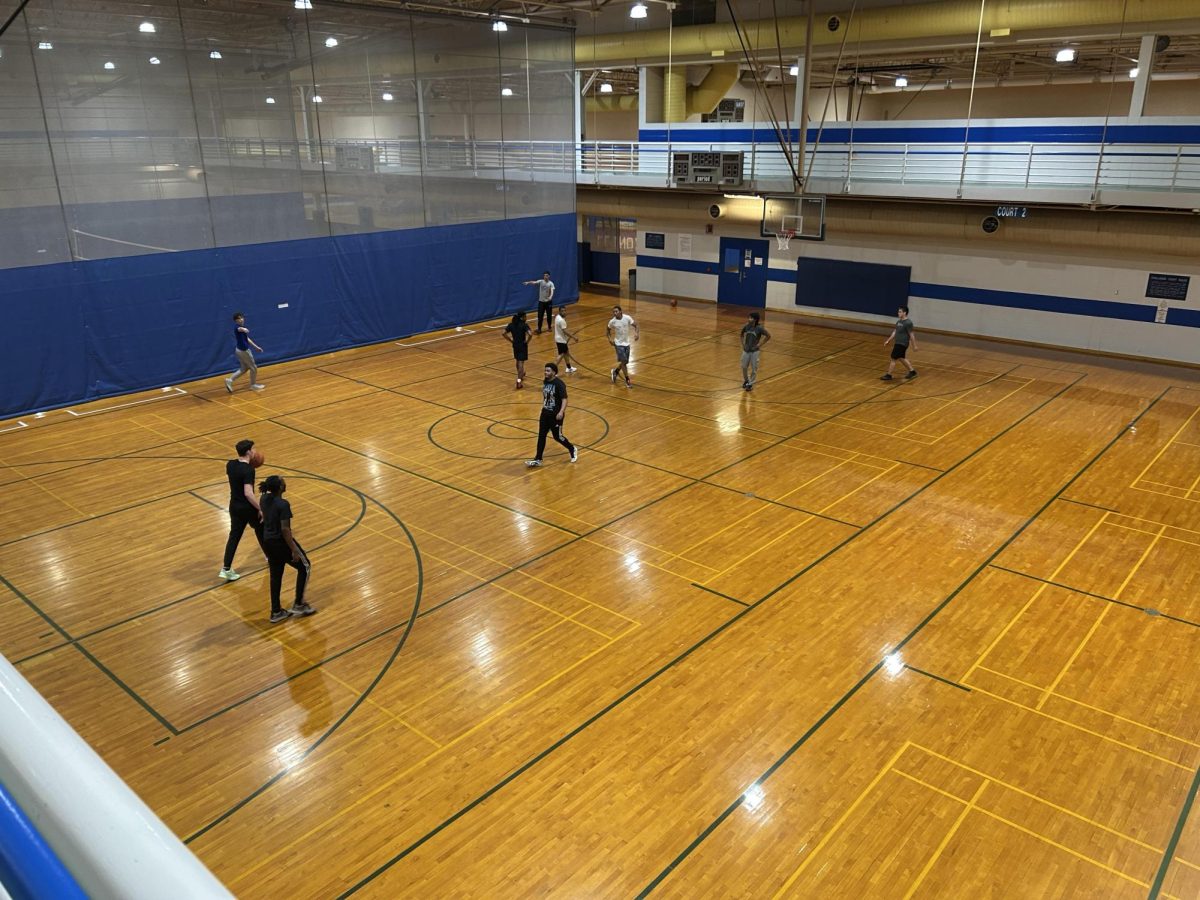
![[Thumbnail Edition] Eastern Illinois University baseball's hitting coach and recruiting coordinator Mike Pugliese urges players on the team to increase their effort after a slow start to its pregame routine at the team's first intrasquad scrimmage of the season at O'Brien Field on Jan. 31, 2025.](https://www.dailyeasternnews.com/wp-content/uploads/2025/03/BB_02_O-1-e1741909628540-1200x702.jpg)
![[Thumbnail Edition] Senior tennis player Luisa Renovales Salazar hits the tennis ball with her racket at the Darling Courts at the Eastern Illinois University campus in Charleston, ILL.](https://www.dailyeasternnews.com/wp-content/uploads/2025/03/Tennis_01_O-1-e1741807434552-1200x670.jpg)

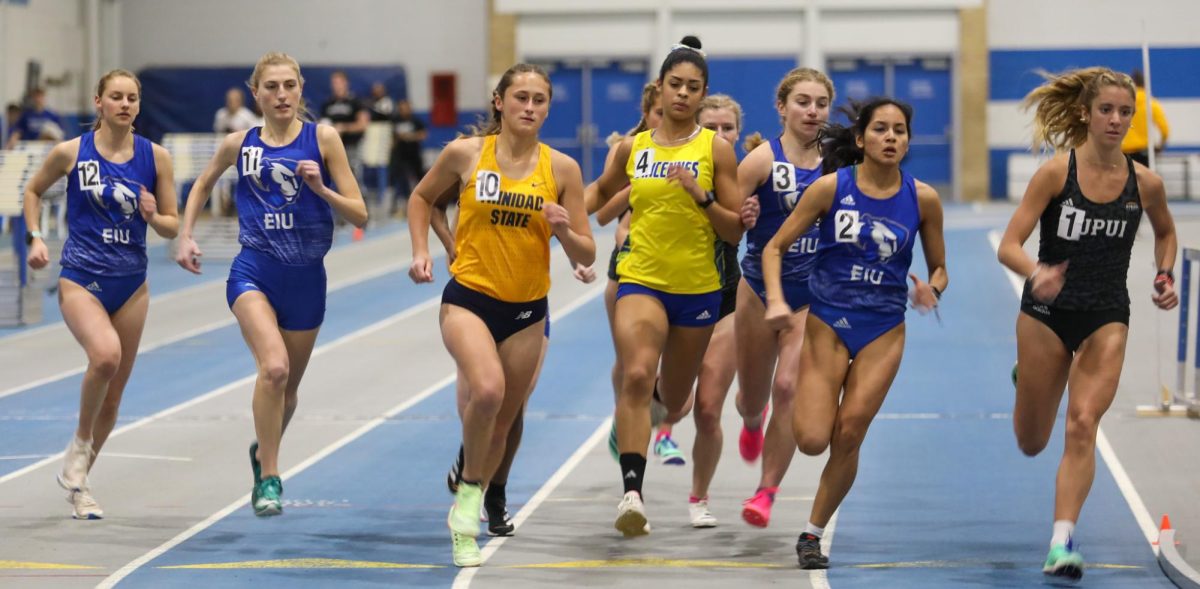
![[Thumbnail Edition] Senior right-handed pitcher Tyler Conklin pitching in the Eastern Illinois University baseball team's intrasquad scrimmage at O'Brien Field in Charleston, Illinois on Jan. 31.](https://www.dailyeasternnews.com/wp-content/uploads/2025/03/TC_01_O-e1741567955534-1200x669.jpg)

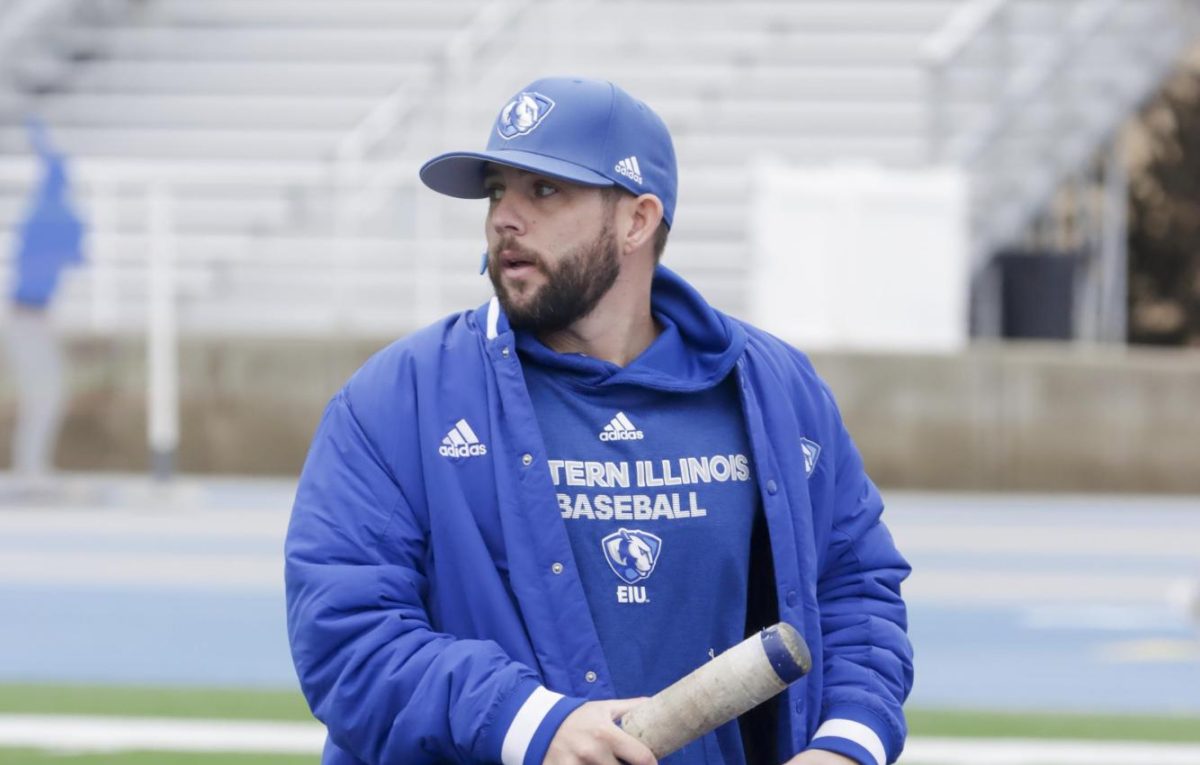



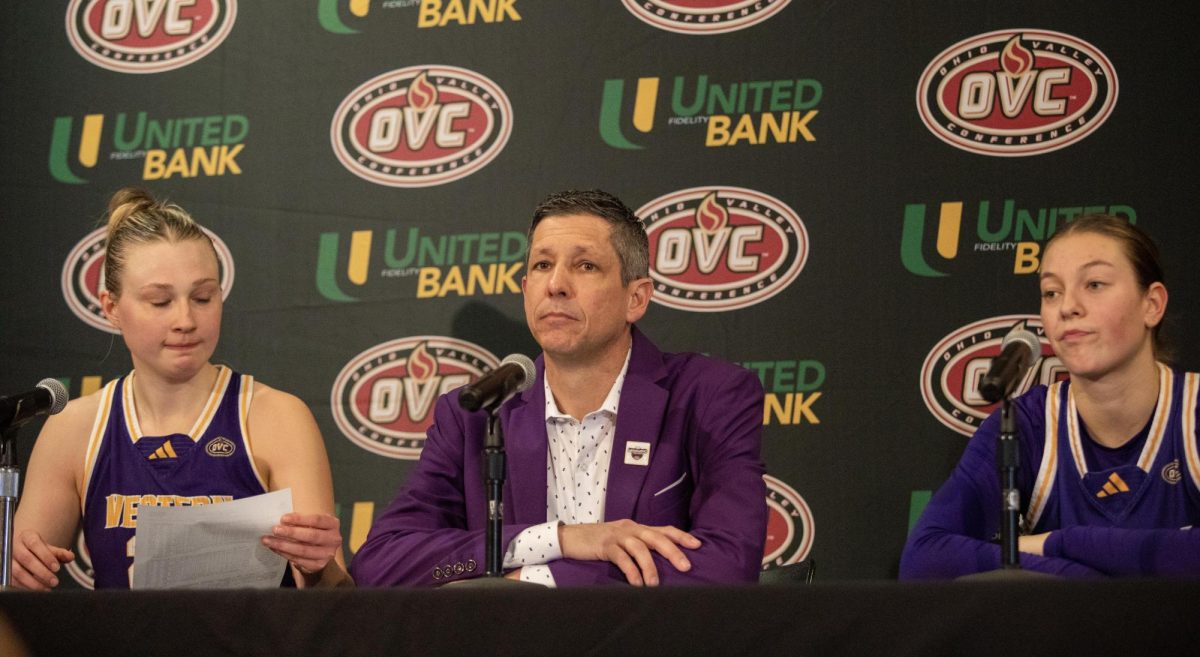
![[Thumbnail Edition] Senior, forward Macy McGlone finds an open teammate to pass the ball too during the game against the Tennessee State Tigers 69-49, in Groniger Arena on the Eastern Illinois University campus, Charleston Ill.](https://www.dailyeasternnews.com/wp-content/uploads/2025/03/WBB_02_O-1-e1741228987440-1200x692.jpg)


















![E[Thumbnail Edition] Eastern Illinois softball freshman utility player Abbi Hatton deciding to throw the softball to home plate in a fielding drill during softball practice at the field house in Groniger arena on Tuesday Feb. 11.](https://www.dailyeasternnews.com/wp-content/uploads/2025/03/SB_03_O-e1741208880750-1-e1741209739187-1200x815.jpg)

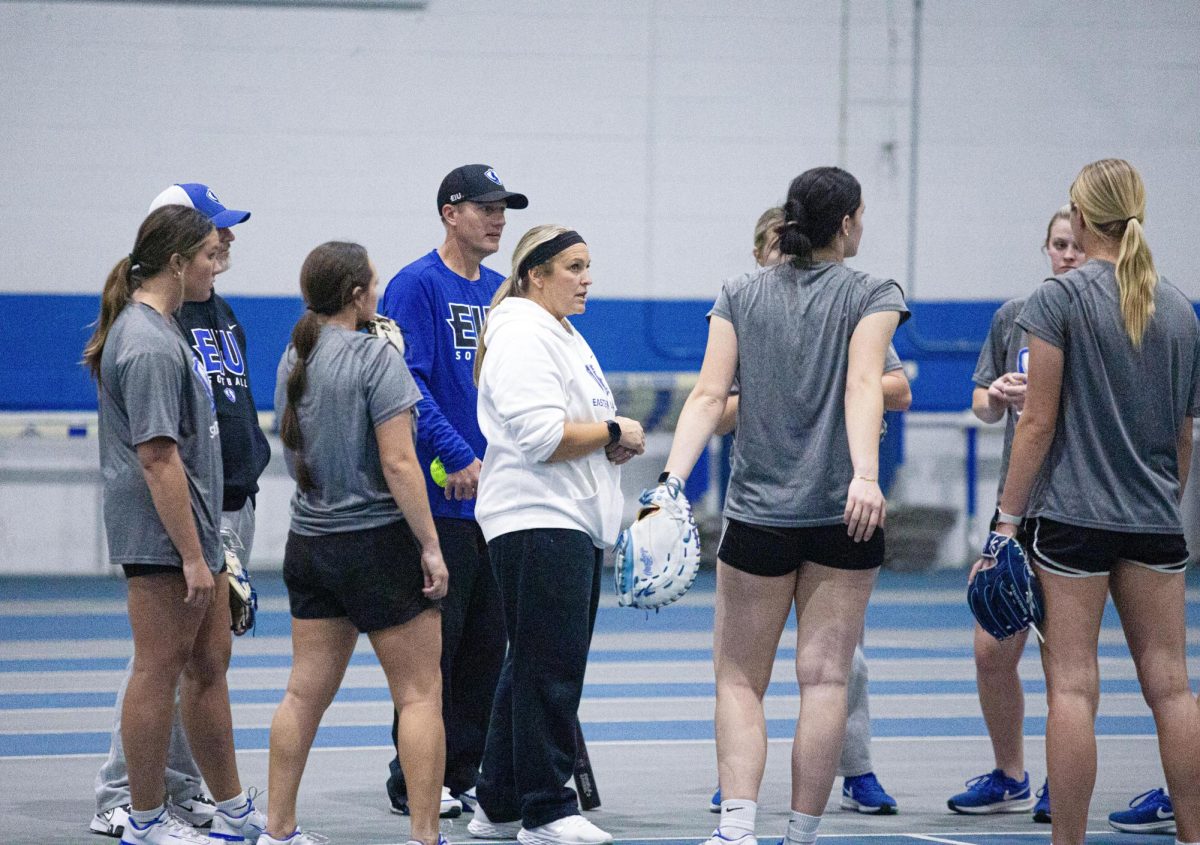
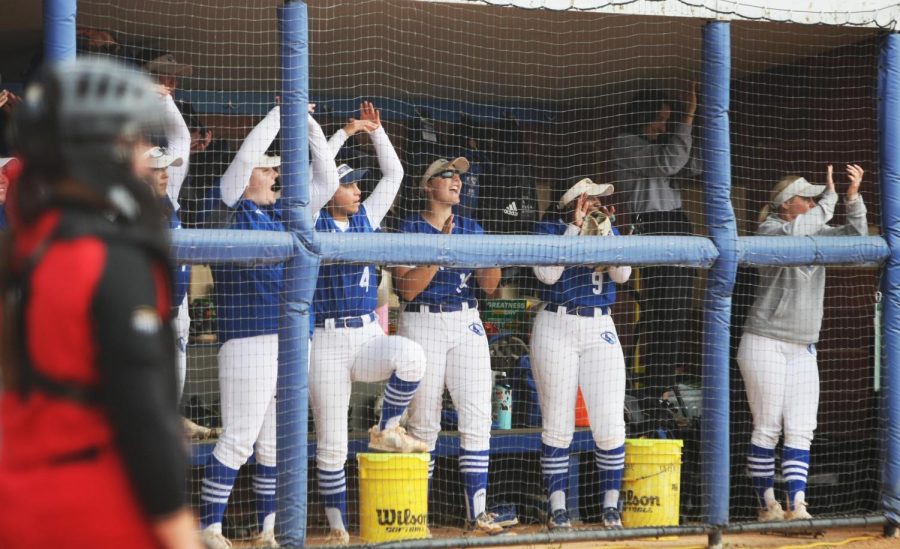













![The Weeklings lead guitarist John Merjave [Left] and guitarist Bob Burger [Right] perform "I Am the Walrus" at The Weeklings Beatles Bash concert in the Dvorak Concert Hall on Saturday.](https://www.dailyeasternnews.com/wp-content/uploads/2025/03/WL_01_O-1200x900.jpg)
![The team listens as its captain Patience Cox [Number 25] lectures to them about what's appropriate to talk about through practice during "The Wolves" on Thursday, March 6, in the Black Box Theatre in the Doudna Fine Arts Center in Charleston, Ill.](https://www.dailyeasternnews.com/wp-content/uploads/2025/03/WolvesPre-12-1200x800.jpg)















